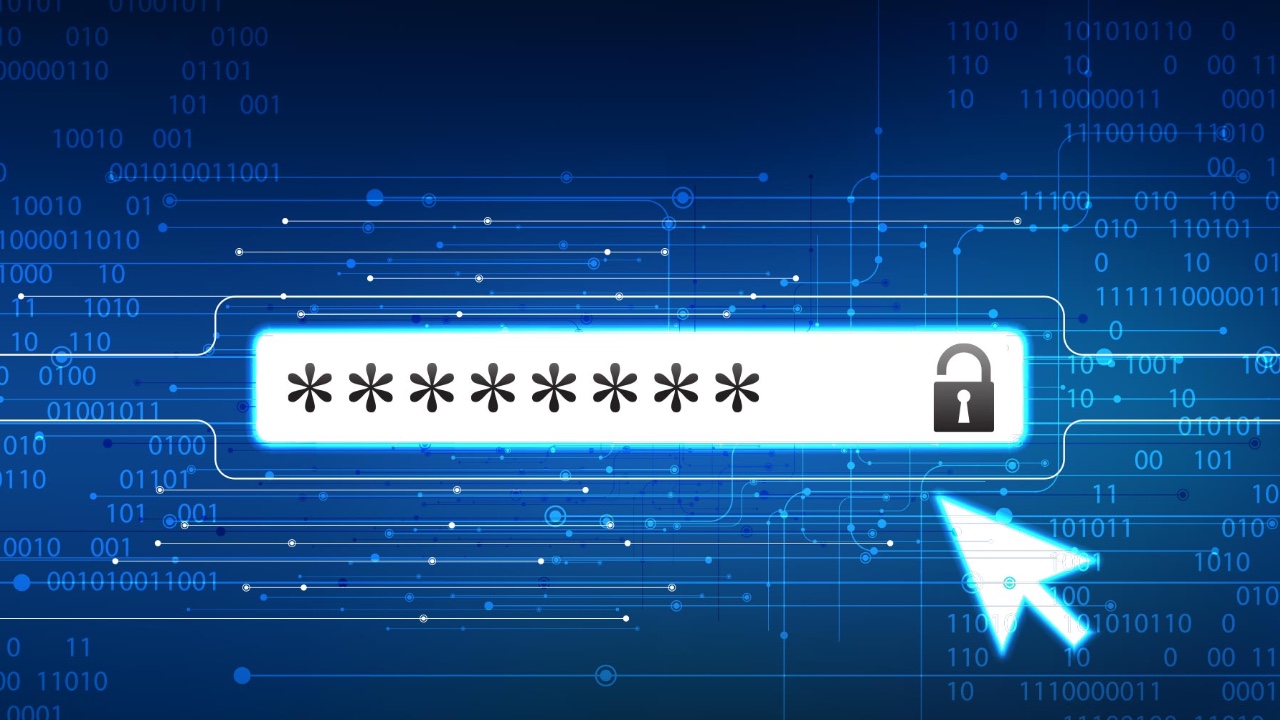[#]: collector: (lujun9972)
[#]: translator: (geekpi)
[#]: reviewer: (wxy)
[#]: publisher: (wxy)
[#]: url: (https://linux.cn/article-12851-1.html)
[#]: subject: (Unlock encrypted disks on Linux automatically)
[#]: via: (https://opensource.com/article/20/11/nbde-linux)
[#]: author: (Curt Warfield https://opensource.com/users/rcurtiswarfield)
自动解锁 Linux 上的加密磁盘
======
> 通过使用网络绑定磁盘加密(NBDE),无需手动输入密码即可打开加密磁盘。

从安全的角度来看,对敏感数据进行加密以保护其免受窥探和黑客的攻击是很重要的。Linux 统一密钥设置([LUKS][2])是一个很好的工具,也是 Linux 磁盘加密的通用标准。因为它将所有相关的设置信息存储在分区头部中,所以它使数据迁移变得简单。
要使用 LUKS 配置加密磁盘或分区,你需要使用 [cryptsetup][3] 工具。不幸的是,加密磁盘的一个缺点是,每次系统重启或磁盘重新挂载时,你都必须手动提供密码。
然而,网络绑定磁盘加密(NBDE) 可以在没有任何用户干预的情况下自动安全地解锁加密磁盘。它可以在一些 Linux 发行版中使用,包括从 Red Hat Enterprise Linux 7.4、CentOS 7.4 和 Fedora 24 开始,以及之后的后续版本。
NBDE 采用以下技术实现:
* [Clevis 框架][4]:一个可插拔的框架工具,可自动解密和解锁 LUKS 卷
* [Tang 服务器][5]:用于将加密密钥绑定到网络状态的服务
Tang 向 Clevis 客户端提供加密密钥。据 Tang 的开发人员介绍,这为密钥托管服务提供了一个安全、无状态、匿名的替代方案。
由于 NBDE 使用客户端-服务器架构,你必须同时配置客户端和服务器。你可以在你的本地网络上使用一个虚拟机作为 Tang 服务器。
### 服务器安装
用 sudo 安装 Tang:
```
sudo yum install tang -y
```
启用 Tang 服务器:
```
sudo systemctl enable tangd.socket --now
```
Tang 服务器工作在 80 端口,需加入到 firewalld 防火墙。添加相应的 firewalld 规则:
```
sudo firewall-cmd --add-port=tcp/80 --perm
sudo firewall-cmd --reload
```
现在安装好了服务器。
### 客户端安装
在本例中,假设你已经添加了一个名为 `/dev/vdc` 的新的 1GB 磁盘到你的系统中。
使用 `fdisk` 或 `parted` 创建主分区:
```
sudo fdisk /dev/vdc
```
完成以下步骤来安装客户端:
```
Welcome to fdisk (util-linux 2.23.2).
Changes will remain in memory only, until you decide to write them.
Be careful before using the write command.
Device does not contain a recognized partition table
Building a new DOS disklabel with disk identifier 0x4a6812d4.
Command (m for help):
```
输入 `n` 来创建新的分区:
```
Partition type:
p primary (0 primary, 0 extended, 4 free)
e extended
Select (default p):
```
按下**回车**键选择主分区:
```
Using default response p
Partition number (1-4, default 1):
```
按下回车键选择默认分区号:
```
First sector (2048-2097151, default 2048):
Using default value 2048
Last sector, +sectors or +size{K,M,G} (2048-2097151, default 2097151):
```
按回车键选择最后一个扇区:
```
Using default value 2097151
Partition 1 of type Linux and of size 1023 MiB is set
Command (m for help): wq
```
输入 `wq` 保存更改并退出 `fdisk`:
```
The partition table has been altered!
Calling ioctl() to re-read partition table.
Syncing disks.
```
运行 `partprobe` 通知系统分区表的变化:
```
sudo partprobe
```
使用 `sudo` 安装 cryptsetup 软件包:
```
sudo yum install cryptsetup -y
```
使用 `cryptsetup luksFormat` 命令对磁盘进行加密。当提示时,你需要输入大写的 `YES`,并输入密码来加密磁盘:
```
sudo cryptsetup luksFormat /dev/vdc1
WARNING!
========
This will overwrite data on /dev/vdc1 irrevocably.
Are you sure? (Type uppercase yes):
Enter passphrase for /dev/vdc1:
Verify passphrase:
```
使用 `cryptsetup luksOpen` 命令将加密的分区映射到一个逻辑设备上。例如,使用 `encryptedvdc1` 作为名称。你还需要再次输入密码:
```
sudo cryptsetup luksOpen /dev/vdc1 encryptedvdc1
Enter passphrase for /dev/vdc1:
```
加密分区现在在 `/dev/mapper/encryptedvdc1` 中可用。
在加密的分区上创建一个 XFS 文件系统:
```
sudo mkfs.xfs /dev/mapper/encryptedvdc1
```
创建一个挂载加密分区的目录:
```
sudo mkdir /encrypted
```
使用 `cryptsetup luksClose` 命令锁定分区:
```
cryptsetup luksClose encryptedvdc1
```
使用 `sudo` 安装 Clevis 软件包:
```
sudo yum install clevis clevis-luks clevis-dracut -y
```
修改 `/etc/crypttab`,在启动时打开加密卷:
```
sudo vim /etc/crypttab
```
增加以下一行:
```
encryptedvdc1 /dev/vdc1 none _netdev
```
修改 `/etc/fstab`,在重启时或启动时自动挂载加密卷:
```
sudo vim /etc/fstab
```
增加以下一行:
```
/dev/mapper/encryptedvdc1 /encrypted xfs _netdev 1 2
```
在这个例子中,假设 Tang 服务器的 IP 地址是 `192.168.1.20`。如果你喜欢,也可以使用主机名或域名。
运行以下 `clevis` 命令:
```
sudo clevis bind luks -d /dev/vdc1 tang '{"url":"http://192.168.1.20"}'
The advertisement contains the following signing keys:
rwA2BAITfYLuyNiIeYUMBzkhk7M
Do you wish to trust these keys? [ynYN] Y
Enter existing LUKS password:
```
输入 `Y` 接受 Tang 服务器的密钥,并提供现有的 LUKS 密码进行初始设置。
通过 `systemctl` 启用 `clevis-luks-askpass.path`,以防止非根分区被提示输入密码。
```
sudo systemctl enable clevis-luks-askpass.path
```
客户端已经安装完毕。现在,每当你重启服务器时,加密后的磁盘应该会自动解密,并通过 Tang 服务器取回密钥进行挂载。
如果 Tang 服务器因为任何原因不可用,你需要手动提供密码,才能解密和挂载分区。
--------------------------------------------------------------------------------
via: https://opensource.com/article/20/11/nbde-linux
作者:[Curt Warfield][a]
选题:[lujun9972][b]
译者:[geekpi](https://github.com/geekpi)
校对:[wxy](https://github.com/wxy)
本文由 [LCTT](https://github.com/LCTT/TranslateProject) 原创编译,[Linux中国](https://linux.cn/) 荣誉推出
[a]: https://opensource.com/users/rcurtiswarfield
[b]: https://github.com/lujun9972
[1]: https://opensource.com/sites/default/files/styles/image-full-size/public/lead-images/security-lock-password.jpg?itok=KJMdkKum (Lock)
[2]: https://en.wikipedia.org/wiki/Linux_Unified_Key_Setup
[3]: https://gitlab.com/cryptsetup/cryptsetup
[4]: https://github.com/latchset/clevis
[5]: https://github.com/latchset/tang